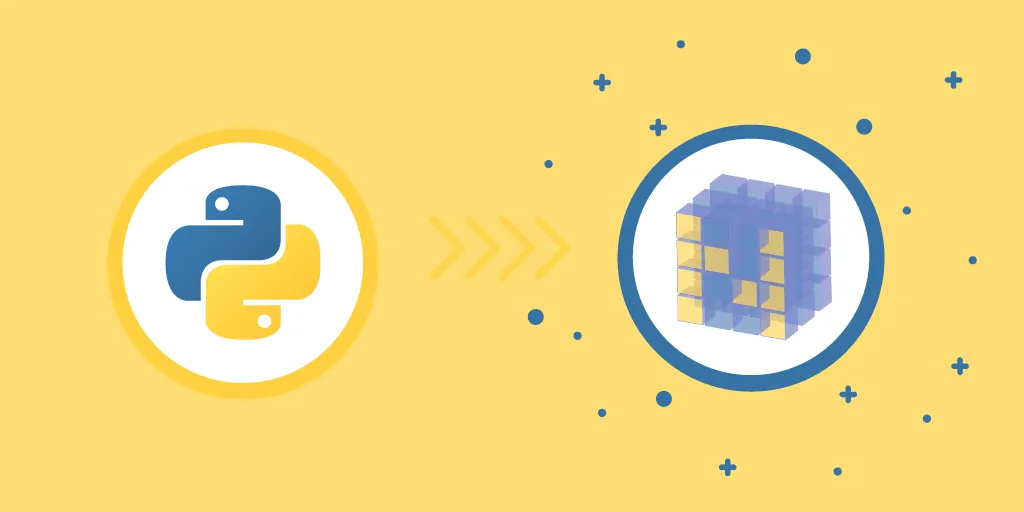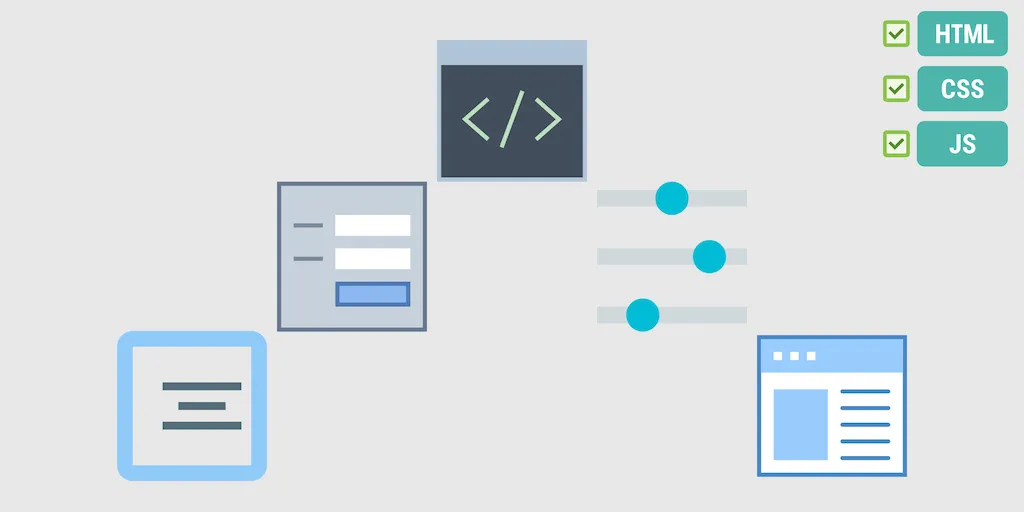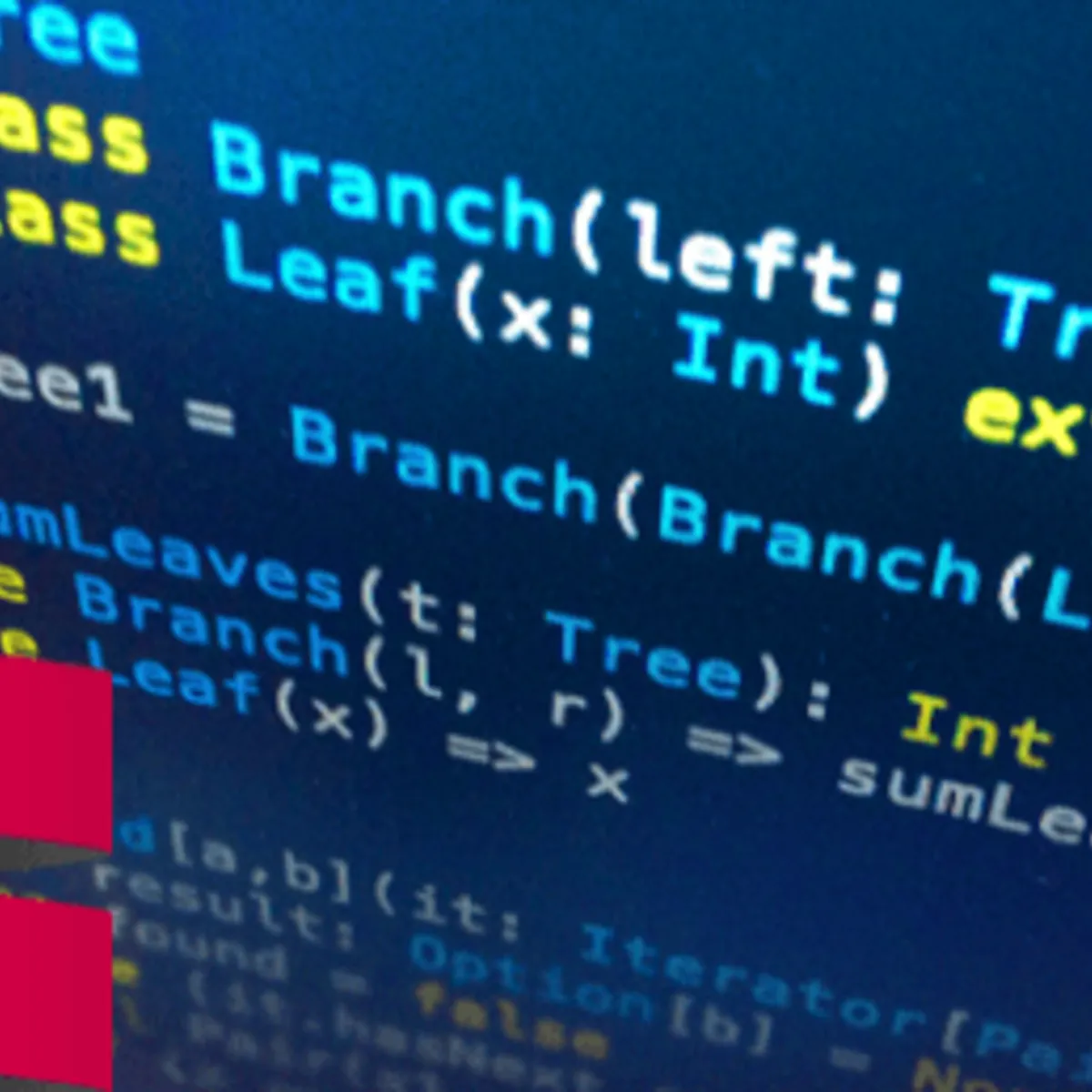
From Python to Numpy 
NumPy is a powerful library for scientific computing, allowing users to manipulate multi-dimensional arrays and matrices for linear algebra operations. With NumPy, users can easily transition from Python to more advanced data manipulation. ▼
ADVERTISEMENT
Course Feature
![]() Cost:
Cost:
Free Trial
![]() Provider:
Provider:
Educative
![]() Certificate:
Certificate:
No Information
![]() Language:
Language:
English
![]() Start Date:
Start Date:
Self Paced
Course Overview
❗The content presented here is sourced directly from Educative platform. For comprehensive course details, including enrollment information, simply click on the 'Go to class' link on our website.
Updated in [March 06th, 2023]
This course, From Python to Numpy, provides an introduction to the most widely used tools in the industry for serious data analytics. Participants will learn the actual implementation of concepts in both pure Python and then NumPy, exploring how NumPy vectorization compares to traditional Python that uses a procedural and object-oriented approach. By the end of the course, participants will have a better understanding of the power of NumPy and how to use it to their advantage.
[Applications]
Upon completion of this course, participants are encouraged to apply the concepts learned to their own data analysis projects. They can use the knowledge gained to create efficient and effective code using NumPy. Additionally, they can use the skills acquired to explore other data analysis libraries and tools.
[Career Paths]
1. Data Scientist: Data Scientists use a combination of programming, statistics, and machine learning to analyze data and develop insights. They use Python and NumPy to clean, process, and analyze data, and then use the insights to inform decisions. With the increasing demand for data-driven decisions, the demand for Data Scientists is growing rapidly.
2. Machine Learning Engineer: Machine Learning Engineers use Python and NumPy to develop and deploy machine learning models. They use the data analytics capabilities of NumPy to develop models that can be used to make predictions and automate decisions. With the increasing demand for automation and AI-driven decisions, the demand for Machine Learning Engineers is growing rapidly.
3. Data Analyst: Data Analysts use Python and NumPy to analyze data and develop insights. They use the data analytics capabilities of NumPy to clean, process, and analyze data, and then use the insights to inform decisions. With the increasing demand for data-driven decisions, the demand for Data Analysts is growing rapidly.
4. Data Engineer: Data Engineers use Python and NumPy to develop and maintain data pipelines. They use the data analytics capabilities of NumPy to develop data pipelines that can be used to process and analyze data. With the increasing demand for data-driven decisions, the demand for Data Engineers is growing rapidly.
[Education Paths]
1. Bachelor of Science in Computer Science: This degree path provides students with a comprehensive understanding of computer science fundamentals, including programming, data structures, algorithms, and software engineering. It also covers topics such as artificial intelligence, machine learning, and data science. With the increasing demand for data-driven solutions, this degree path is becoming increasingly popular and is a great way to get started in the field of data analytics.
2. Master of Science in Data Science: This degree path focuses on the application of data science techniques to solve real-world problems. It covers topics such as data mining, machine learning, and predictive analytics. It also provides students with the skills to develop and deploy data-driven solutions. This degree path is ideal for those looking to specialize in data analytics and gain a deeper understanding of the field.
3. Master of Science in Artificial Intelligence: This degree path focuses on the development of intelligent systems and the application of artificial intelligence techniques to solve real-world problems. It covers topics such as natural language processing, computer vision, and robotics. This degree path is ideal for those looking to specialize in artificial intelligence and gain a deeper understanding of the field.
4. Doctor of Philosophy in Data Science: This degree path focuses on the development of advanced data science techniques and the application of data science to solve complex problems. It covers topics such as machine learning, deep learning, and natural language processing. This degree path is ideal for those looking to specialize in data science and gain a deeper understanding of the field.
Course Provider

Provider Educative's Stats at AZClass
Discussion and Reviews
0.0 (Based on 0 reviews)
Explore Similar Online Courses

Learn web development from scratch: Go Beyond the syntax

ARKit and Unity: Build a Drivable Car in Augmented Reality

RDBMS PostgreSQL

Intro To PostgreSQL Databases With PgAdmin For Beginners

PostgreSQL: Client Applications

Mastering SQL using Postgresql

Database Design and Basic SQL in PostgreSQL

PostgreSQL: Advanced Queries

Spatial SQL with Postgres : A language for geographers

Learn SQL Using PostgreSQL: From Zero to Hero

PostgreSQL Essential Training

Big Data Analysis with Scala and Spark
 Related Categories
Related Categories
 Popular Providers
Popular Providers
Quiz
 Submitted Sucessfully
Submitted Sucessfully
1. What is NumPy?
2. What is the main purpose of this course?
3. What type of approach does NumPy use?


Start your review of From Python to Numpy